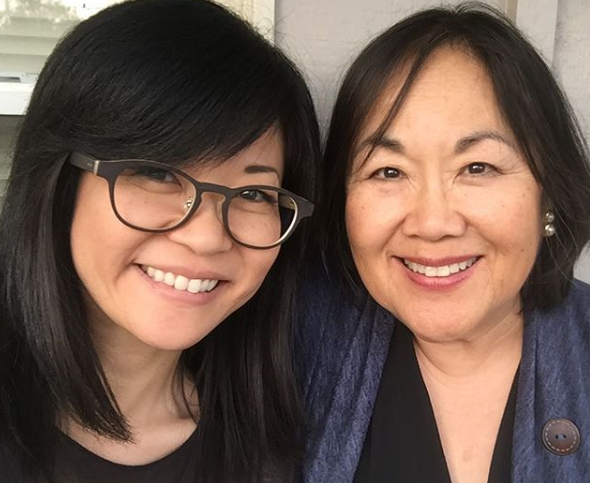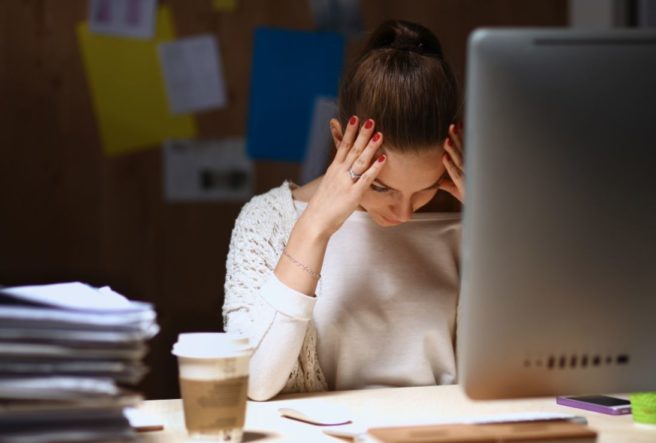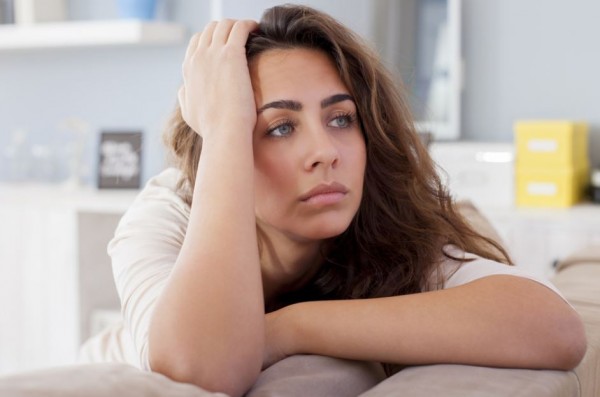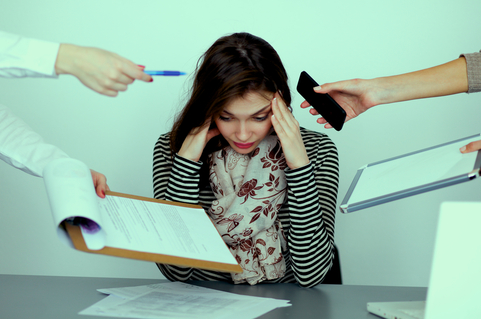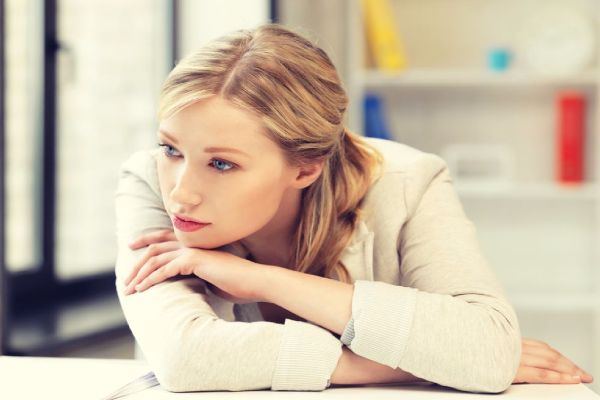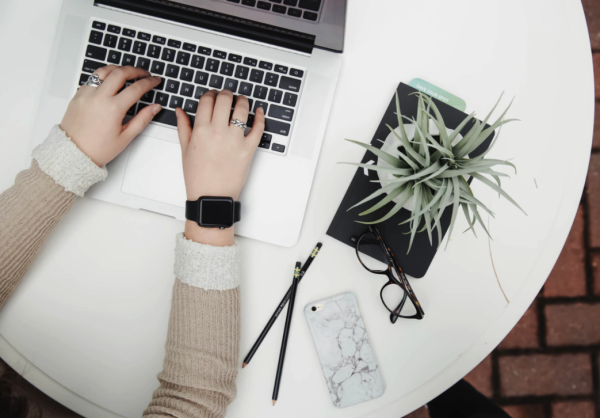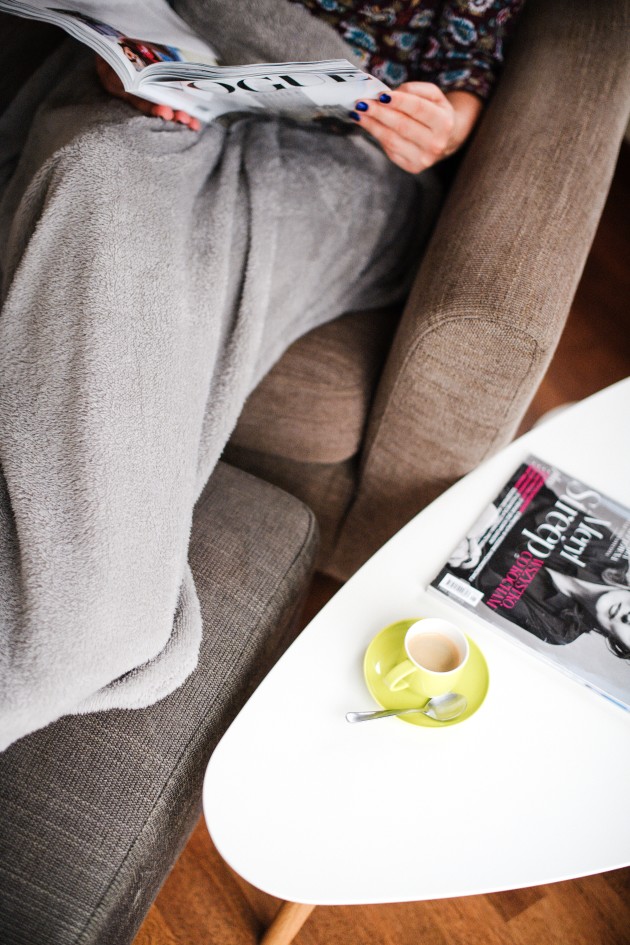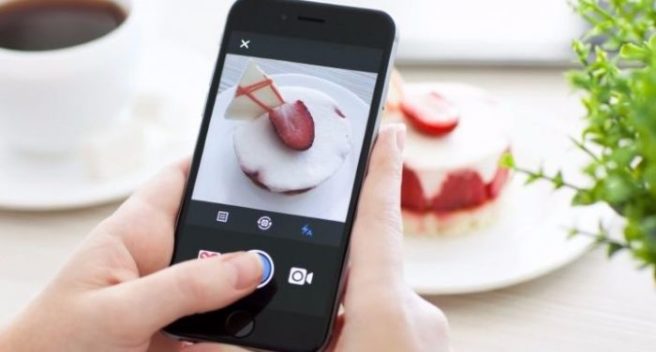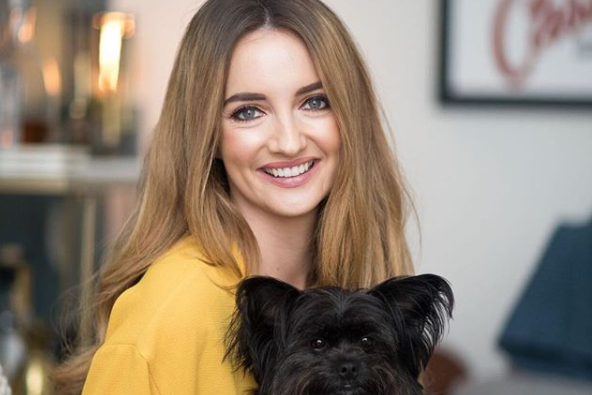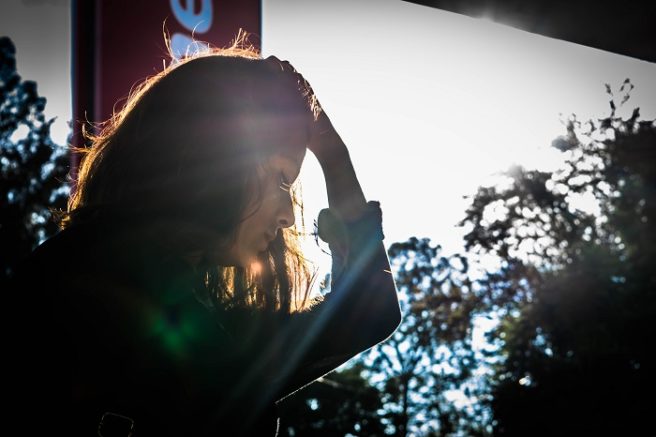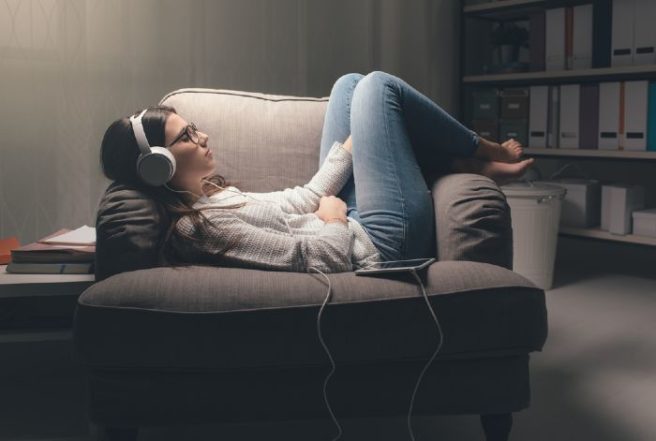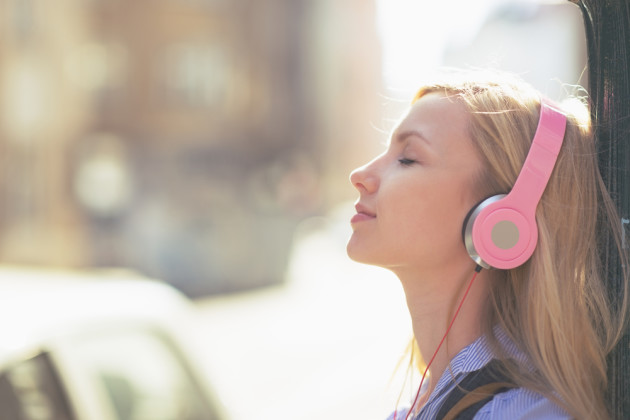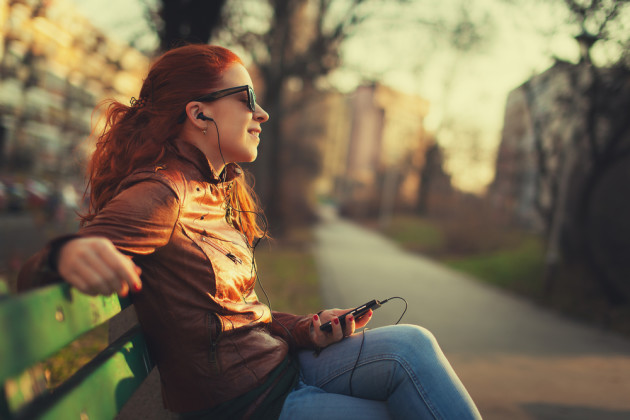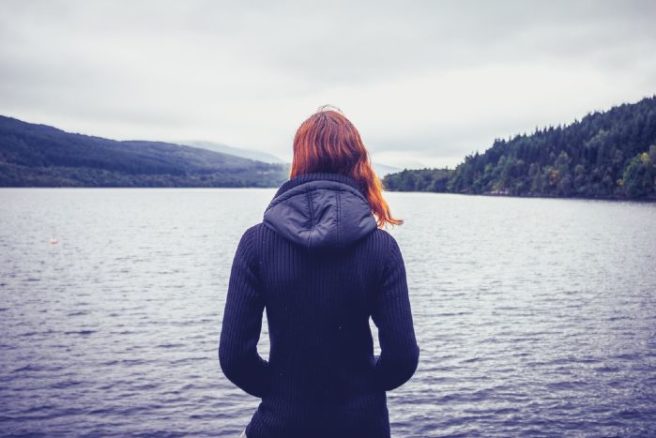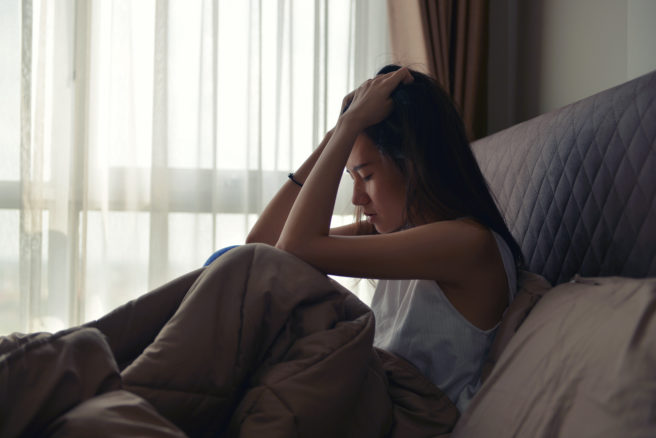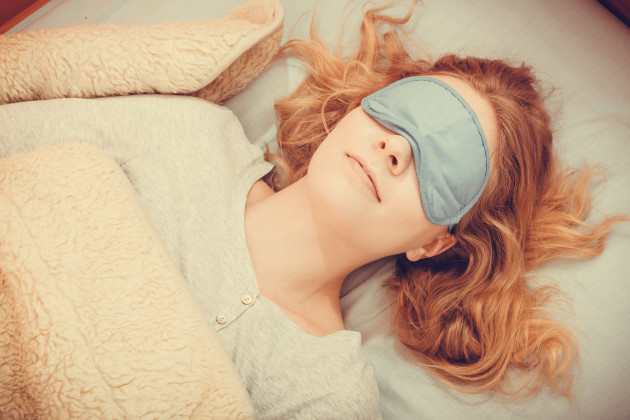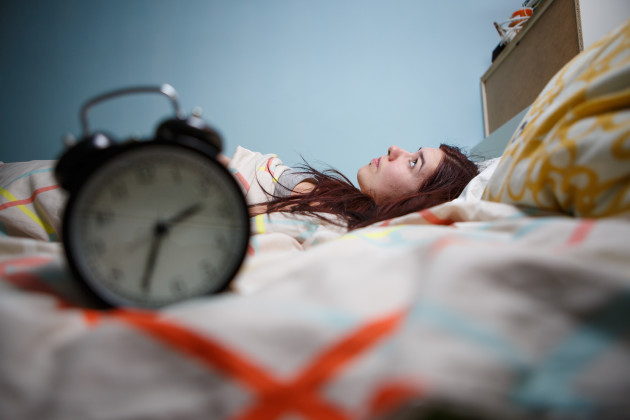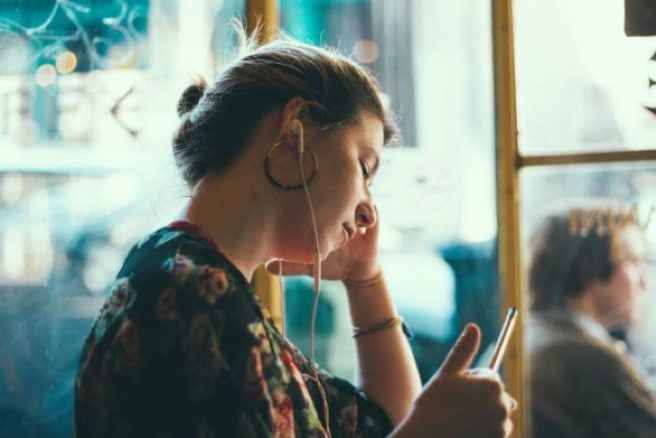
Anxiety keeping you up at night? Yoga music could help you
Scientists have found a solution to sleepless, anxiety ridden nights. A new study revealed that yoga music has a positive impact on our mood and can help reduce the symptoms of anxiety.
There have been many nights where we spend hours tossing, turning and wishing we could just doze off peacefully.
As time whizzes by we become increasingly aware of how little sleep we’re going to get which makes us feel even more anxious.
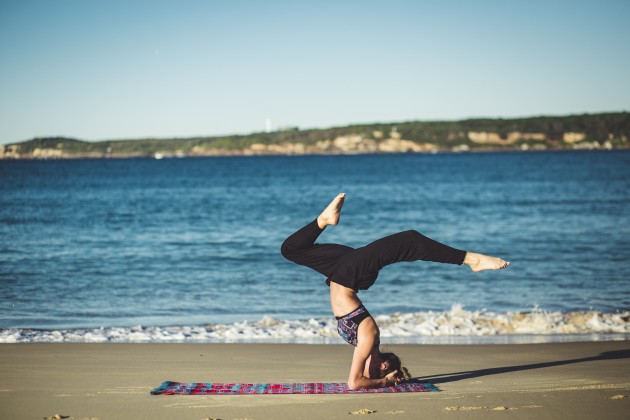
149 people took part in the study. The participants listened to three types of music before going to bed. Firstly they listened to soothing yoga music. Secondly, they listened to pop music with steady beats and during the final session they didn’t listen to anything.
The group revealed that they felt more uplifted and at ease after listening to the yoga music. The study also found that their anxiety levels were lower too.
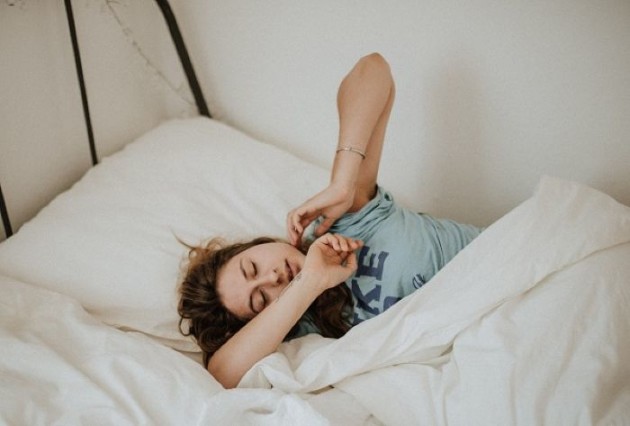
Speaking of the impact music has on the mind and body, study author Dr Naresh Sen explained that music has a positive impact on your heart rate
Listening to soothing music before bedtime is a cheap and easy-to-implement therapy that cannot cause harm,” he said.
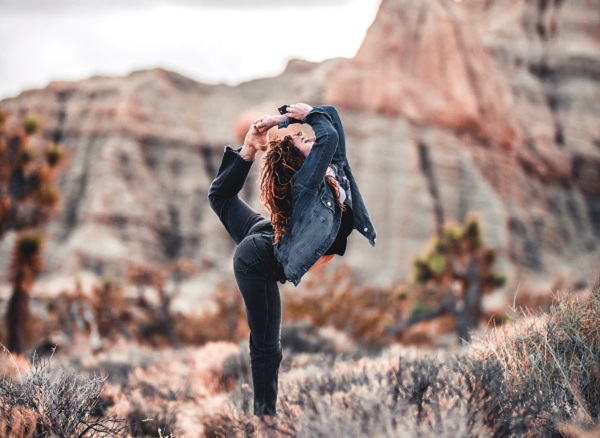
Due to the small number of participants in this study, he said they want to further their research: “This is a small study, and more research is needed on the cardiovascular effects of music interventions offered by a trained music therapist."
He added: “Science may have not always agreed, but Indians have long believed in the power of various therapies other than medicines as a mode of treatment for ailments.”
We’ll certainly try out this technique to help us get a good night’s rest.






